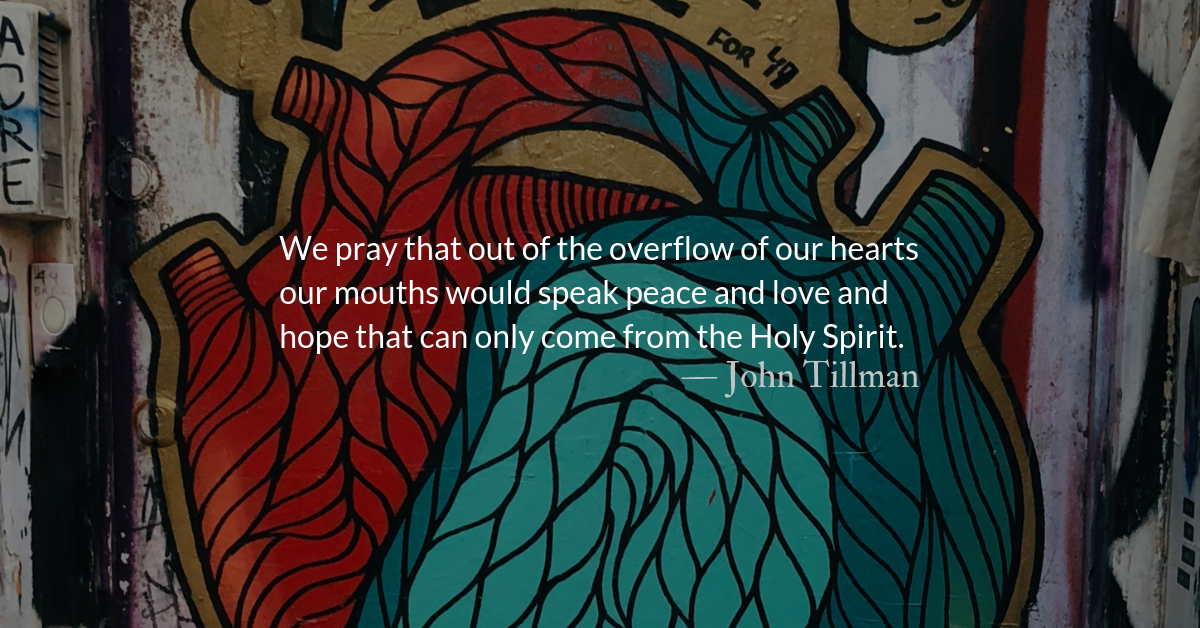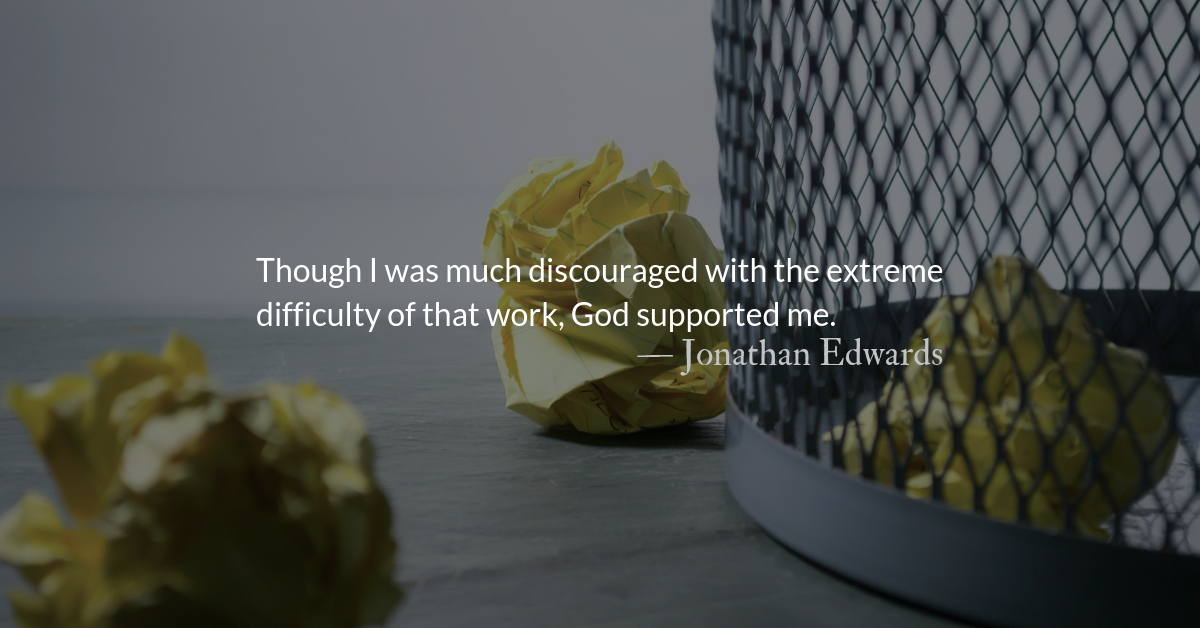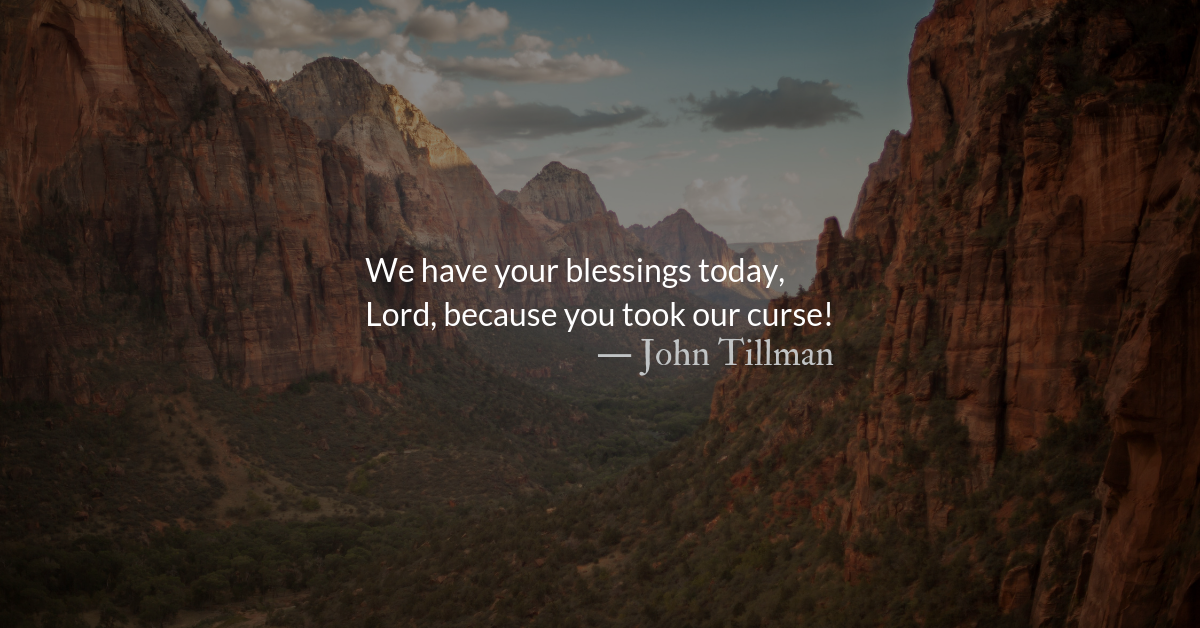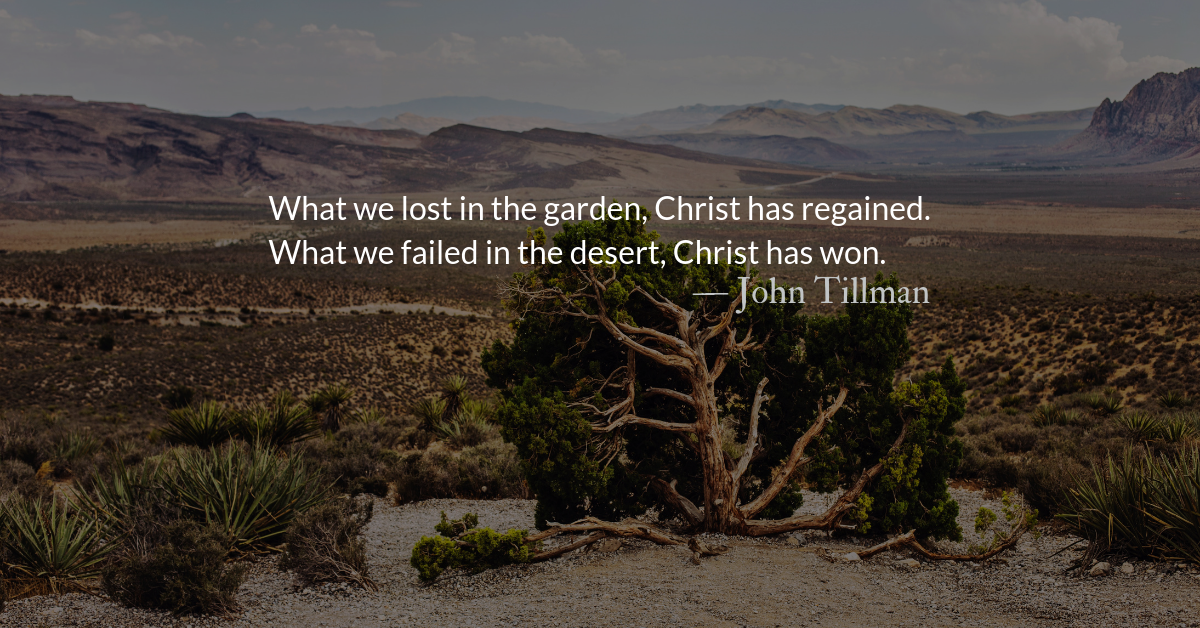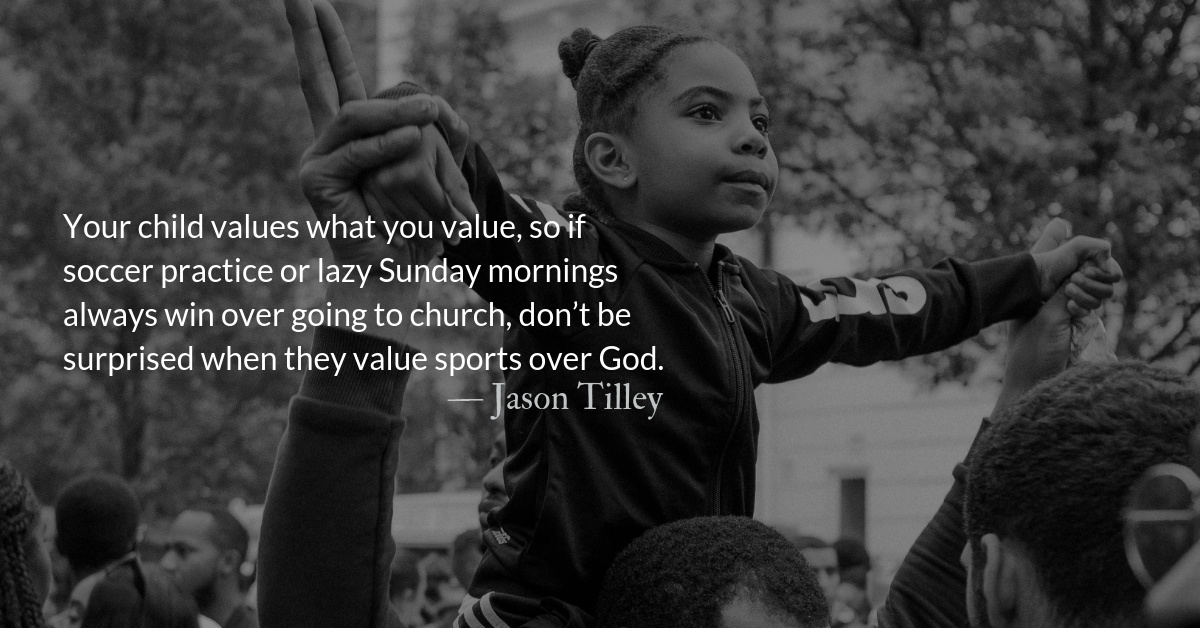Psalm 109.28
While they curse, may you bless;
may those who attack me be put to shame,
but may your servant rejoice.
Luke 6.45
A good man brings good things out of the good stored up in his heart, and an evil man brings evil things out of the evil stored up in his heart. For the mouth speaks what the heart is full of.
From John:
At The Park Forum, we have long wondered how powerful it would be if the Church took the lead in restoring public civility. We repeat this post from several years ago as a prayer that out of the overflow of our hearts our mouths would speak peace and love and hope that can only come from the Holy Spirit.
Reflection: Restoration of Civility
The Park Forum
“In Hebrew the term dabar means both word and deed,” Frederick Buechner observes. “Thus, to say something is to do something.” Buechner explains:
“Who knows what such words do, but whatever it is, it can never be undone. Something that lay hidden in the heart is irrevocably released through speech into time, is given substance and tossed like a stone into the pool of history, where the concentric rings lap out endless!”
How many ripples have we suffered in this year of political rancor? The collective loss of civility has been mourned as often as it has inflicted wounds across the spectrum. Yet, Hua Hsu writes for the New Yorker, “The problem with civility is the presumption that we were ever civil in the first place.” Hsu continues:
“Thanks to the Internet, we have become expert parsers of language, meaning, and authorial intent. We have grown obsessed with subtext. In other words, we live in very discursive times, when language seems to matter more than ever.”
“See how a great forest is set aflame by such a small fire! And the tongue is a fire,” warns the book of James. How powerful would it be if the Church were to lead in the restoration of public civility in American culture?
For such a restoration to take place we would have to begin with confession. For while the nearly-endless coverage of this year’s broken discourse makes it feel different, it is far from abnormal. In a piece promoting the upcoming Civility In The Public Square event, Timothy Keller explains:
“It could be argued that America has never really been a genuinely pluralistic, perspective-diverse, free society. We have never been a place where people who deeply differ, whose views offend and outrage one another, nonetheless treat each other with respect and hear each other out.”
Those who have held the reins of cultural power—its greatest academic centers, its most powerful corporations, the media—have often excluded unpopular voices and minority views that fell on the wrong side of the public morality of the day.
In the 1980s and ’90s, many white evangelical Christians wanted to occupy those places of power, and showed little concern at the time to create a society that respected communities with sharply differing moral visions.
Civility falters when people live in fear—fear that their views may be wrong; fear that their power is limited; fear that there is no sovereign who cares for their interests. But the rhythms of civility restore what was lost in the fall, as Buechner concludes:
“Words are power, essentially the power of creation. By my words I both discover and create who I am. By my words I elicit a word from you. Through our converse we create each other.”
Reading List
Civility In The Public Square. Timothy Keller for the Redeemer Report.
A Free People’s Suicide. Os Guinness for Q Ideas.
The Civility Wars. Hua Hsu for The New Yorker.
Uncommon Decency: Christian Civility in an Uncivil World. Dr. Richard Mouw.
Prayer: The Greeting
The Lord lives! Blessed is my Rock! Exalted is the God of my salvation! — Psalm 18:46
– From The Divine Hours: Prayers for Summertime by Phyllis Tickle.
Today’s Readings
Deuteronomy 22 (Listen – 4:13)
Psalm 110-111 (Listen – 1:57)
Thank You!
Thank you to our donors who support our readers by making it possible to continue The Park Forum devotionals. This year, The Park Forum audiences opened 200,000 free, and ad-free, devotional content. Follow this link to join our donors with a one-time or a monthly gift.
Read more about Prayer, Silence, and Civility
How much we need our words to be incense today…how much we need the fragrance of our prayers to rise before God.
Read more about Killing With our Hearts
We rush to soften Christ’s teaching about violent thoughts and words because we are unwilling to let go of them.


